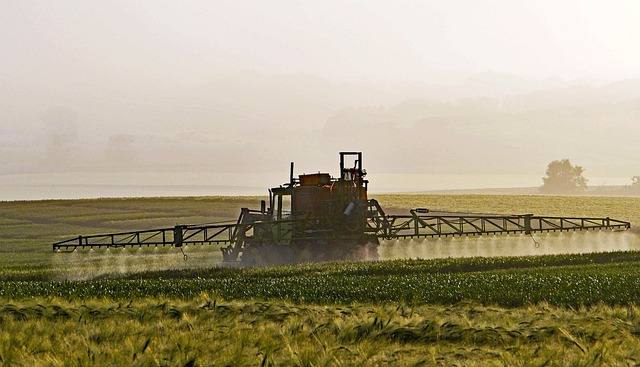Glyphosate approved for another 10 years

The European Commission's proposal to extend the approval of glyphosate did not find a qualified majority in the EU Commission's Standing Committee on Plants, Animals, Food and Feed. Too many member states had expressed concerns about the project. The main points of criticism were the lack of data on the effects on biodiversity, soil and water.
Federal Agriculture Minister Cem Özdemir explains: “Glyphosate undoubtedly damages biodiversity. That is why Germany has extended the approval of glyphosate, as have numerous other member states not accepted. The EU Commission is well advised to take this signal and the extinction of species in Europe seriously. With its proposal, it ignores the precautionary principle enshrined in EU law and shifts responsibility for biodiversity and the protection of our waters solely to the member states. As long as it cannot be ruled out that glyphosate harms biodiversity, it should not re-authorize glyphosate to the detriment of biodiversity."
To date, there is no recognized scientific method available at EU level to assess the risk to biodiversity. The European Food Safety Authority needs a mandate to develop such a method; the interim method already presented by Germany for assessing biodiversity could be used as a transitional measure. In this way, data gaps can be closed quickly and reliably. If good harvests are to be possible in 10, 20 or 50 years, biodiversity and thus the functionality of ecosystems as the basis of agriculture must be preserved. The goal of the BMEL iTherefore, agriculture in Germany is more sustainable, more ecological and therefore more future-proof. The decision will now be reviewed and discussions will be held on what needs to be done to adequately protect biodiversity, water bodies and soils at the national level and to be able to continue pursuing the goals of the coalition agreement within the EU legal framework now provided.
Hintergrund:
At the meeting of the EU Commission's Standing Committee on Plants, Animals, Food and Feed (SCoPAFF), there was no qualified majority for the COM proposal. The European Commission's draft proposal will now be referred to the Appeals Committee. This is made up of representatives from all EU countries. The decision in the appeal committee also requires a qualified majority. If a qualified majority is not achieved here either, a college of EU Commissioners will decide on re-admission.
Glyphosate is the most commonly used total herbicide - it kills all existing plants across the board. As a result, plants and the soil are severely affected. Insects, birds and other animals are deprived of their food source. Scientific evidence shows that glyphosate harms biodiversity.
In its assessment of glyphosate, the EFSA points out dpointed out that no clear conclusions could be drawn about what risks this active ingredient poses to biodiversity. At the level of the EU member states, there is also a lack of a harmonized assessment method and specific requirements for protecting biodiversity.
The BMEL has therefore always spoken out against renewing the active ingredient approval and made this critical stance clear to the EU Commission and the member states at an early stage. It is crucial for biodiversity that it is equally protected throughout Europe.
The fact that it is possible to operate with less or without glyphosate is demonstrated not only by organic farms, but also by many conventional farms, for example with diverse crop rotations and good soil management, i.e. the classic measures of integrated plant protection.
Note on our own behalf: the EU Commission got it yesterday Glyphosate approval nevertheless for more Extended for 10 years.
